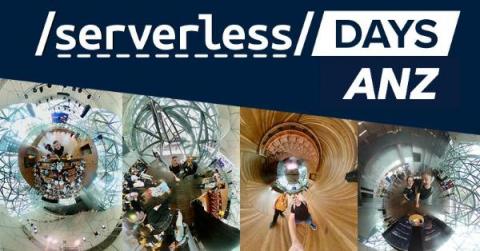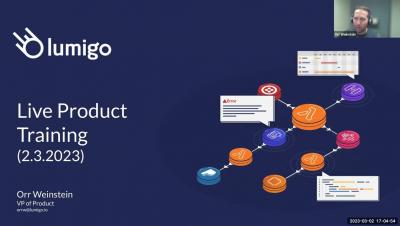Return large objects with AWS Lambda's new Streaming Response
Lambda has a size limit of 6MB on request and response payloads for synchronous invocations. This affects API functions and how much data you are able to send and receive from a Lambda-backed API endpoint. I have previously written about several workarounds on the request payload limit. But sometimes you also need to return a payload bigger than 6MB. For example, PDF or image files.











